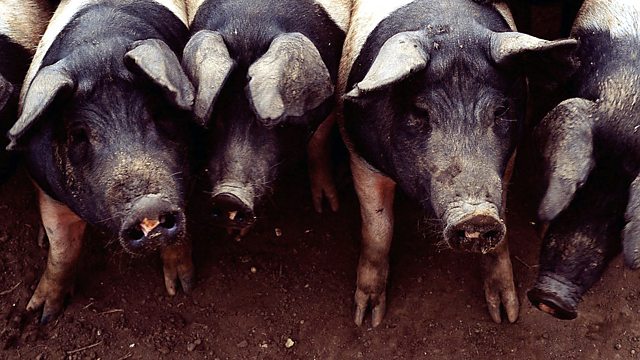
OECD on future of farming; North York Moors potash mine; discarded fish in Scotland
The OECD predicts the future of farming trends around the world for the decade ahead, while the green light is given for the world's largest potash mine, in the North York Moors.
As the OECD predicts the future of farming trends around the world for the decade ahead, one of their economists, Jonathan Brooks, explains why he thinks strong crop yields, higher productivity and slower growth in global demand could lead to a gradual dip in prices over the next ten years.
Members of the North York Moors National Park vote in favour of siting the world's largest potash mine in the park. Βι¶ΉΤΌΕΔ business correspondent Ian Reeve explains why locals are so in favour of the project, but why guardians of the landscape are deeply concerned.
Also, a row in Scotland has broken out over who should pay for the disposal of fish that's been caught but can't be sold. The EU is in the process of implementing new rules preventing fisherman throwing unwanted fish back into the sea. Next year, white fish will be covered by the ban. We hear that Scottish fishermen want to know who will cover the costs of landing fish that would previously have been discarded.
Presented by Felicity Evans and produced by Mark Smalley.
Last on
Broadcast
- Thu 2 Jul 2015 05:45Βι¶ΉΤΌΕΔ Radio 4
Podcast
-
![]()
Farming Today
The latest news about food, farming and the countryside

